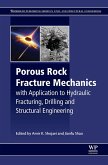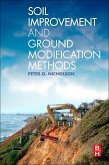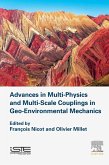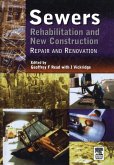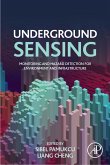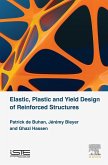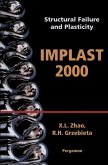Using mathematical rigor, logic, physical reasoning and basic principles of mechanics, the authors develop the fundamentals of failure in geomaterials based on the second-order work criterion. Various forms of rupture modes and material instabilities in granular materials are explored both analytically and numerically with lab experimental observations on sand as a backdrop. The authors provide a clear picture of inelastic deformations and failure of geomaterials under various loading conditions.
A unique feature of the book is the systematic application of the developed theory to the failure analysis of some selected engineering problems such as soil nailing, landslides, energy resource extraction, and internal erosion in soils.
- Provides the fundamentals of the mechanics of geomaterials for a detailed background on the subject
- Integrates a rigorous mathematical description of failure with mechanisms based on microstructure
- Helps users apply mathematical models of solid mechanics to engineering practice
- Contains a systematic development of the fundamentals of failure in heterogeneous multiphasic materials
Dieser Download kann aus rechtlichen Gründen nur mit Rechnungsadresse in A, B, BG, CY, CZ, D, DK, EW, E, FIN, F, GR, HR, H, IRL, I, LT, L, LR, M, NL, PL, P, R, S, SLO, SK ausgeliefert werden.



